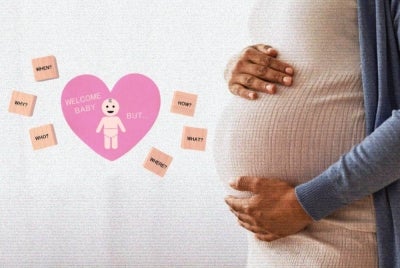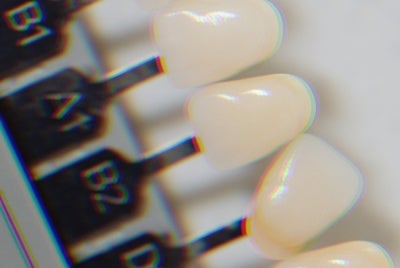Do caps, helmets and hijabs really cause hair loss?
The notion that wearing hats, helmets or hijabs leads to hair loss has long been debated.

THE notion that wearing hats, helmets or hijabs leads to hair loss has long been debated. For many, it is an all-too-familiar concern—does that snug helmet or the daily hijab cause thinning hair or even bald spots?
While it is easy to jump to conclusions, experts suggested that this belief is mostly a myth, with other factors playing a much more significant role in hair health.
Sunway Medical Centre Velocity’s Consultant Dermatologist (SMVC), Dr Nur Ashikin Ahmad explained that wearing headgear like caps, helmets or even hijabs does not directly lead to hair loss.
The real concern arises only in specific situations, such as when the headgear is extremely tight or causes repeated friction in the same area over time.
“This could lead to a condition known as ‘Traction Alopecia’. However, most people naturally adjust their headgear for comfort, so cases like these are rare.
“It is not the headgear itself that causes hair problems. In fact, the root cause of hair loss tends to be internal biological factors, such as genetics and hormonal changes.
“What is on your head is not as important as what is happening inside your scalp,” she said in an interview with Sinar Daily.

However, Dr Ashikin highlighted an important consideration when it comes to wearing headgear regularly: hygiene.
She pointed out that poor scalp hygiene can contribute to hair issues, especially when headgear is worn for long periods without being cleaned.
“Helmets and caps, often worn daily, can accumulate sweat, oil and bacteria if not properly washed. Over time, these elements can irritate the scalp, clog follicles and even lead to fungal or bacterial infections that exacerbate hair shedding.
“For individuals dealing with androgenic alopecia (pattern hair loss), poor hygiene can further accelerate hair loss,” she added.

Dr Ashikin also recommended using medicated or antiseptic sprays inside helmets or caps to reduce bacterial and fungal buildup, helping to maintain both scalp and hair health.
In comparison, hijabs, which many Muslim women wear daily, are often made from breathable fabrics and washed regularly.
“They are less abrasive and allow better airflow, which helps maintain scalp health. As a result, wearing hijabs does not carry the same risks as prolonged use of unclean headgear like helmets or caps. For women who wear hijabs, hair loss is rarely linked to the headscarf itself.
“Instead, it is typically caused by factors like hormonal changes and genetics. Baldness is rarely associated with wearing hijabs and it is not the covering itself, but rather internal biological factors that play a role,” she mentioned.
When it comes to hair loss, it is important to remember that men and women experience it differently.
Hair Transplant Solutions Esadsa Clinic Medical Hair Director, Dr Aly Alias Stephen Nah explained that in men, nearly 90 per cent of hair loss cases are due to genetic factors.
“In men, wearing hats or helmets does not contribute to hair loss progression. What often happens is that men experiencing early signs of thinning or balding begin wearing headgear more frequently to conceal their condition.
“Over time, when men stop wearing the headgear and notice more significant hair loss, it creates the false impression that the hat or helmet was to blame. In reality, the hair loss would have progressed due to genetics, not the headwear,” he said in an interview with Sinar Daily.

For women, Dr Aly mentioned that genetics is not usually the primary cause of hair loss, making the reasons behind thinning hair quite different.
That being said, both men and women are prone to scalp issues if hygiene is neglected, especially if they wear hats, helmets, or other headgear regularly.
While headgear does not directly cause hair loss, improper hygiene can contribute to scalp infections and irritations, which can worsen hair health. Both Dr Ashikin and Dr Aly agreed that maintaining clean headgear and ensuring good scalp hygiene are crucial in preventing these issues.
Whether it is a helmet, cap or hijab, keeping your headgear clean will go a long way in supporting hair and scalp health.
Download Sinar Daily application.Click Here!















